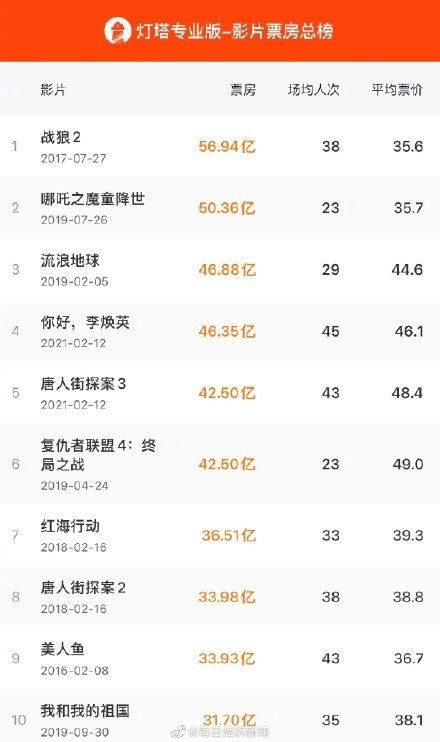Financial management in China refers to the practice of managing an individual's or organization's financial resources to achieve financial goals and objectives effectively. It involves activities such as budgeting, saving, investing, and spending wisely to ensure financial stability and growth.
Key Components of Financial Management in China:
Challenges and Opportunities in Financial Management in China:
China's rapidly growing economy and evolving financial landscape present both challenges and opportunities for financial management:

- Regulatory Environment: Navigating China's complex regulatory environment can be challenging for individuals and businesses. Understanding and complying with financial regulations is crucial for effective financial management.
- Technological Advancements: The rise of financial technology (fintech) in China has transformed the way financial services are delivered. Embracing technological advancements can enhance financial management practices.
- Wealth Management: With the increasing wealth of individuals in China, there is a growing demand for professional wealth management services. Seeking advice from financial experts can help individuals optimize their financial portfolios.
- Globalization: China's integration into the global economy has opened up opportunities for international investments and cross-border financial transactions. Diversifying investment portfolios internationally can mitigate risks and enhance returns.
Guidelines for Effective Financial Management in China:
To achieve financial success in China, consider the following guidelines:
By following these guidelines and adapting to the changing financial landscape in China, individuals and businesses can effectively manage their finances and work towards achieving financial security and prosperity.
免责声明:本网站部分内容由用户自行上传,若侵犯了您的权益,请联系我们处理,谢谢!联系QQ:2760375052











